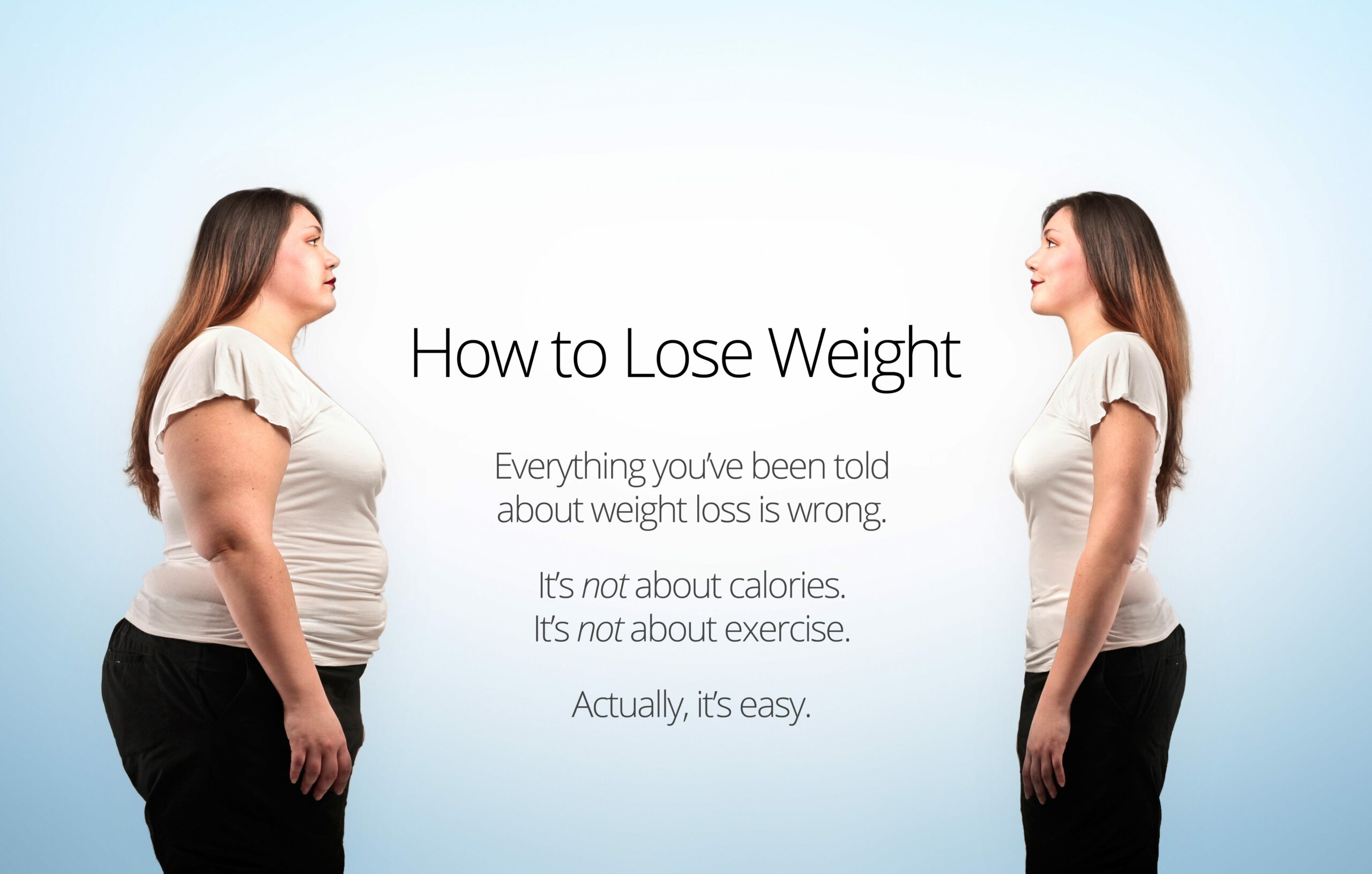Introduction
Losing weight is a common goal for many individuals seeking to improve their health, boost their confidence, or enhance their overall well-being. However, the rate at which weight loss occurs can vary significantly from person to person and depends on various factors such as metabolism, dietary habits, physical activity levels, and overall health status. In this comprehensive guide, we will delve into the factors that influence weight loss, explore realistic expectations for how much weight you can lose in a month, provide strategies for safe and sustainable weight loss, and address common questions about the weight loss journey.
Understanding Weight Loss: Factors That Influence the Process
Weight loss is influenced by a combination of factors, including:
Caloric Balance
Weight loss occurs when you consume fewer calories than your body needs for energy expenditure. Creating a calorie deficit through diet and exercise is the foundation of successful weight loss.
Metabolism
Metabolic rate, or the number of calories your body burns at rest, varies among individuals and is influenced by factors such as age, gender, genetics, muscle mass, and hormonal balance.
Dietary Habits
The types and quantities of foods you eat play a significant role in weight loss. A balanced diet rich in whole foods, fruits, vegetables, lean proteins, and healthy fats supports weight loss and overall health.
Physical Activity
Regular exercise and physical activity increase energy expenditure, promote fat burning, and support muscle maintenance, all of which contribute to weight loss.
Health Conditions
Certain medical conditions, medications, hormonal imbalances, and lifestyle factors can affect weight loss efforts and metabolism.
Setting Realistic Expectations: How Much Weight Can You Lose in a Month?
While the rate of weight loss varies from person to person, a safe and realistic goal is to aim for gradual weight loss of 1-2 pounds per week, which translates to approximately 4-8 pounds per month. However, individual factors such as starting weight, body composition, metabolism, and adherence to a healthy lifestyle can influence the rate of weight loss.
Strategies for Safe and Sustainable Weight Loss
To achieve safe and sustainable weight loss, consider implementing the following strategies:
Create a Calorie Deficit
Calculate your daily calorie needs and aim to consume slightly fewer calories than you burn through a combination of diet and exercise.
Focus on Nutrient-Dense Foods
Prioritize whole, nutrient-dense foods that are rich in vitamins, minerals, fiber, and protein. These foods help you feel full and satisfied while providing essential nutrients for overall health.
Incorporate Regular Exercise
Engage in a combination of cardiovascular exercise, strength training, and flexibility exercises to maximize calorie burning, support muscle maintenance, and improve overall fitness.
Practice Portion Control
Be mindful of portion sizes and avoid overeating, even if you’re consuming healthy foods. Pay attention to hunger and fullness cues, and aim for balanced meals and snacks.
Stay Hydrated
Drink plenty of water throughout the day to stay hydrated, support digestion, and prevent overeating. Sometimes thirst can be mistaken for hunger.
Get Adequate Sleep
Prioritize quality sleep to support weight loss efforts, hormone regulation, and overall well-being. Aim for 7-9 hours of sleep per night.
Overcoming Plateaus and Challenges
Weight loss plateaus, periods where weight loss stalls despite continued efforts, are common on the weight loss journey. To overcome plateaus and challenges, consider the following strategies:
Review Your Habits
Assess your dietary and lifestyle habits to identify areas for improvement. Are you consuming hidden calories, skipping workouts, or underestimating portion sizes?
Adjust Your Approach
Make small changes to your diet and exercise routine to break through plateaus. This could involve increasing physical activity, modifying your meal plan, or trying new workout routines.
Stay Consistent
Consistency is key to long-term success. Stick to your healthy habits, even when progress is slow, and trust the process.
Seek Support
Reach out to friends, family members, or a healthcare professional for support and accountability. Consider joining a weight loss group or community for additional motivation and encouragement.
FAQs About Weight Loss
Is it safe to lose weight quickly?
While rapid weight loss may occur initially, it is generally not sustainable or healthy in the long term. Rapid weight loss can lead to muscle loss, nutrient deficiencies, and metabolic slowdown.
Why is my weight fluctuating despite following a healthy diet?
Weight can fluctuate due to factors such as water retention, hormonal changes, digestion, and glycogen storage. Focus on long-term trends rather than day-to-day fluctuations.
How can I avoid feeling hungry while trying to lose weight?
To prevent hunger while losing weight, focus on filling, nutrient-dense foods that are high in fiber and protein. Eat regular meals and snacks, and stay hydrated throughout the day.
Is it possible to lose weight without exercising?
While exercise is beneficial for overall health and can enhance weight loss efforts, it is possible to lose weight through dietary changes alone. However, combining diet and exercise typically yields the best results.
Can certain supplements help with weight loss?
While some supplements may claim to aid in weight loss, their effectiveness and safety vary, and they are not a substitute for a healthy diet and lifestyle. Consult with a healthcare professional before taking any weight loss supplements.
How do I know if my weight loss goals are realistic?
Realistic weight loss goals are achievable, safe, and sustainable. Aim for gradual weight loss of 1-2 pounds per week, focusing on overall health and well-being rather than a specific number on the scale.
Conclusion
Losing weight is a journey that requires patience, commitment, and perseverance. By understanding the factors that influence weight loss, setting realistic goals, and implementing healthy lifestyle habits, you can achieve safe and sustainable weight loss over time. Remember to focus on progress, not perfection, and celebrate each milestone along the way. With dedication and consistency, you can reach your weight loss goals and improve your overall health and well-being for the long term.
- What Is Sexual Fluidity And How Does It Relate To Identity? - June 1, 2025
- Kratom Capsules Vs Powder: Which One Is Right For You? - June 1, 2025
- Jaw Fillers For A Defined Jawline Near Pirbright, Surrey - May 31, 2025




